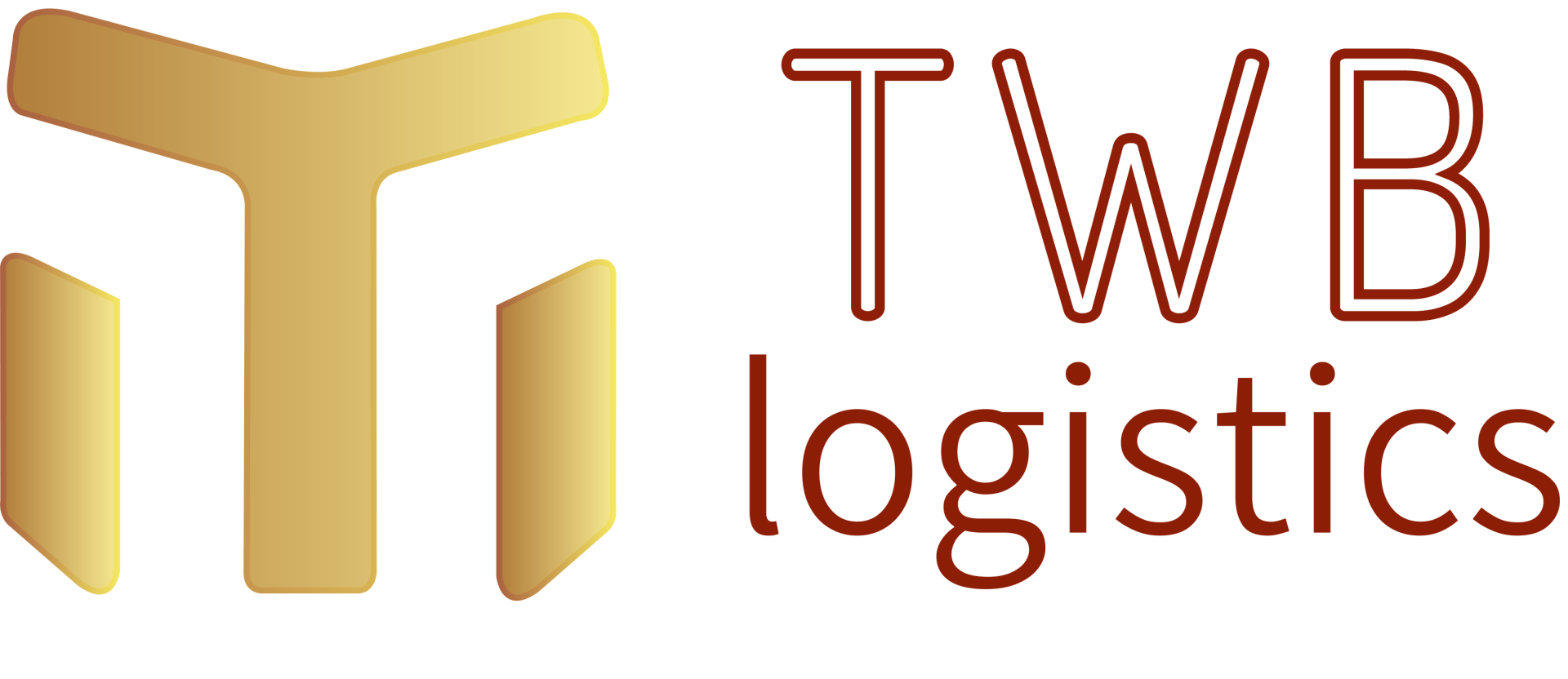Incoterms provide a convenient way to shorten long-form contracts concluded for cargo transportation.
It is a set of international trade rules that provides for the specific conditions regarding the delivery of goods abroad and is marked using certain letter abbreviations.
Rules for any mode of transport
Shipment
EXW (Ex Works) – under this term the seller does not pay the fundamental transportation costs and delivers the goods within the territory of their company. The buyer bears all costs related to transportation, customs permit procuration and export formalities. This minimizes the seller’s risk in delivering the goods.
FCA (Free Carrier) – under this term, the exporter, having received the customs permission to export the goods, transfers them to the point of transport specified by the buyer. Where the transfer takes place at the seller’s premises, the seller must also load the goods; where the transfer takes place elsewhere, the seller is not obliged to load the goods. If the buyer needs the exporter’s help in finding a compromise with the carrier, the exporter can do so at the buyer’s risk and expense.
CPT (Carriage Paid To) – under this term, the exporter pays the freight for the transport of the goods to the specified place. The risk of loss or damage to the goods, as well as additional costs, become the liability of the buyer after the goods have been delivered to the specified location. Under this term, the exporter must obtain a customs authorization to export the goods.
CIP (Carriage and Insurance Paid to) – under this term, the exporter has the same obligations as under the CPT term, except for the additional obligation of insuring the cargo against the risk of loss of or damage to the goods during transportation. The sum insured may be minimal. Under this term, the exporter must obtain a customs authorization to export the goods.
Delivery
DAT (Delivery At Terminal) – under this term, the exporter delivers the goods to the specified place. Until the very moment of delivery, the exporter is responsible for the goods. The exporter passes their responsibility and transport costs to the buyer of the goods once the goods are ready for unloading at the place specified. The buyer bears the risk of unloading and other associated risks. Under these conditions, the buyer is also liable for customs clearance of the goods, customs and excise duties, and other customs clearance related taxes.
DAP (Delivered At Place) – under this term, the exporter delivers the goods to the agreed terminal at their own expense and liability. These conditions do not oblige the exporter to organize or cover the import costs of the goods. When the goods are unloaded at the agreed terminal, all costs and risks are borne by the buyer of the goods.
DDP (Delivered Duty Paid) – under this term, the exporter transfers the goods and obligations at the place indicated by the importer in their country. Once the goods have been authorized by the customs authorities, the exporter bears the risk and the costs of delivery of the goods to the specified place, including various charges and fees. DDP means the ultimate commitment of the exporter.
Rules for sea and inland waterway transport
FAS (Free Alongside Ship) – under this term, the seller does not pay the fundamental transportation costs and transfers all obligations to the buyer as the goods are delivered to the ship’s quay or to the lighter at the designated shipping port. The seller undertakes to deliver the goods to the ship specified by the buyer and to complete all customs formalities.
FOB (Free On Board) – under this term, the seller does not pay the fundamental transport costs and transfers all obligations to the buyer as the goods are loaded on board at the specified shipment port. The seller undertakes to deliver the goods on board the vessel indicated by the buyer and to obtain a customs clearance to export the goods.
CFR (Cost and Freight) – under this term, the seller pays the cost of the fundamental transportation, arranges the transportation and pays the transportation costs to the specified port of destination. The seller must obtain permission to export the goods.
CIF (Cost, Insurance & Freight) – under this term, the seller pays the fundamental transport costs, arranges the transport and pays the transport costs to the specified port of destination. The seller must obtain a permit to export the goods as well as conclude an insurance contract.
HAVE ANY QUESTIONS? CONTACT US
Our specialists will answer all your questions quickly and qualitatively! Get in touch now.



